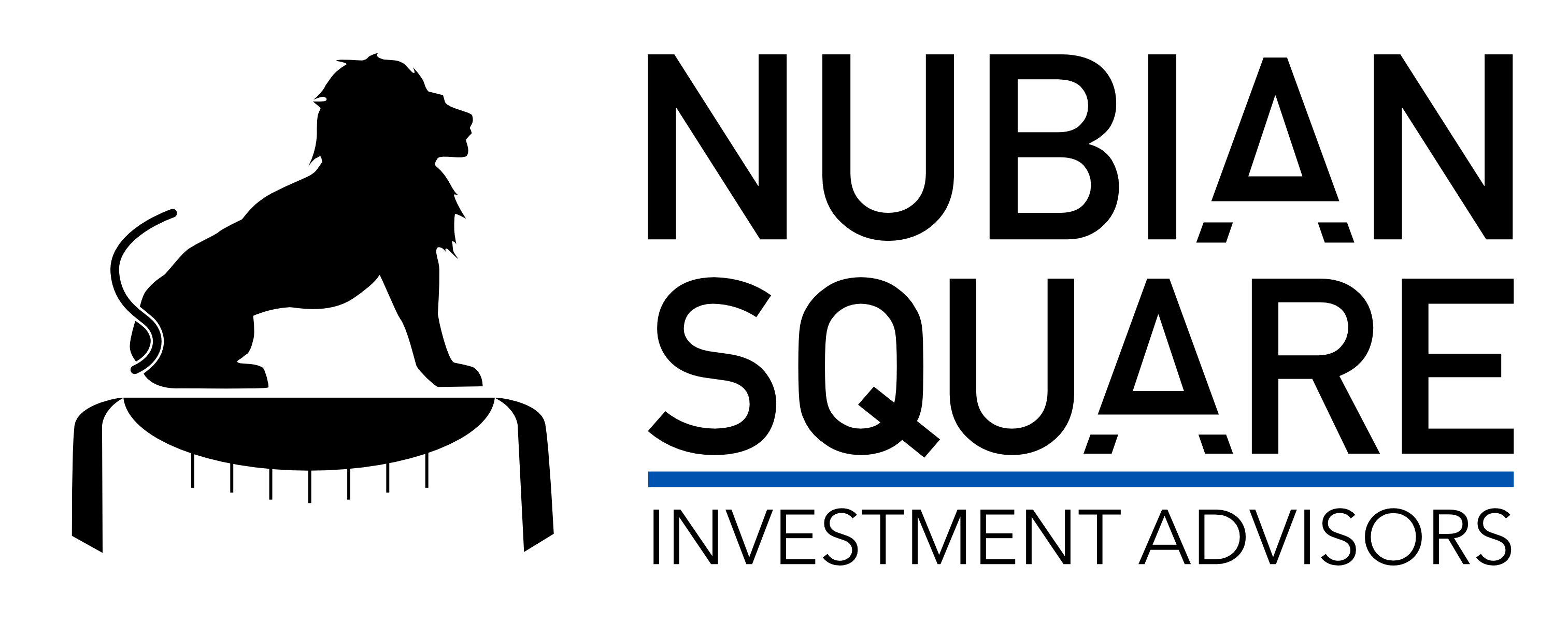One of the questions that I hear often – I want to start investing more in the stock market, but I have to pay off my student loans first. My response is always, why not do both? Then the question becomes, well how do I decide how to split between the two? My answer to that question is – it depends. How much risk do you want to take?
Deciding to invest in the stock market vs paying down debt comes down to a similar decision to invest in a sure thing (“fixed income”) vs uncertainty (“equities’). By paying more than the minimum payment on your debt, the benefit is the future interest that you’ll save as a result of paying off your principal early. For instance, if you have a 10 year student loan of $50,000 and a 6.25% interest rate, your savings by increasing your payments an additional $100 a month will save you $3,652 dollars and nearly two years of payments. Or, if you invest an additional $200 per month on the same loan, you’ll save $6,015 and shave off over 3 years of payments.
Assuming an average stock market return of 8% annually, investing $100 dollars a month over 10 years you’d earn almost $8,600 in investment returns. If you waited to start investing until you paid off your debt, that’s an almost $2,500 difference in interest saved + investment returns. With an additional $200 dollars over 120 months and a 8% average return, you’d have over $20,500 in investment returns with a total difference of nearly $5,500.
The real value shows up in the compounding effects. As you continue to invest, compounding effects start to increase in the latter years. For example, below shows how $200 invested over 30 years compounded. The curve of interest (“passive income”) starts to grow faster in the later years.
Of course, the big assumption here is what’s guaranteed vs what’s not. If you choose to pay down extra payments, you can determine pretty quickly exactly how much you’ll save in future interest payments, let alone the added relief of less debt and the increased opportunities to do other things with your capital – like purchase a home.With investing, you’re going to take some risk. A consistent return on an annual basis is hardly ever the case, and you might experience a major loss early in the process, which would impact the long term returns.
Overall, the decision comes down to your willingness to take risks. What’s the right strategy for you?



